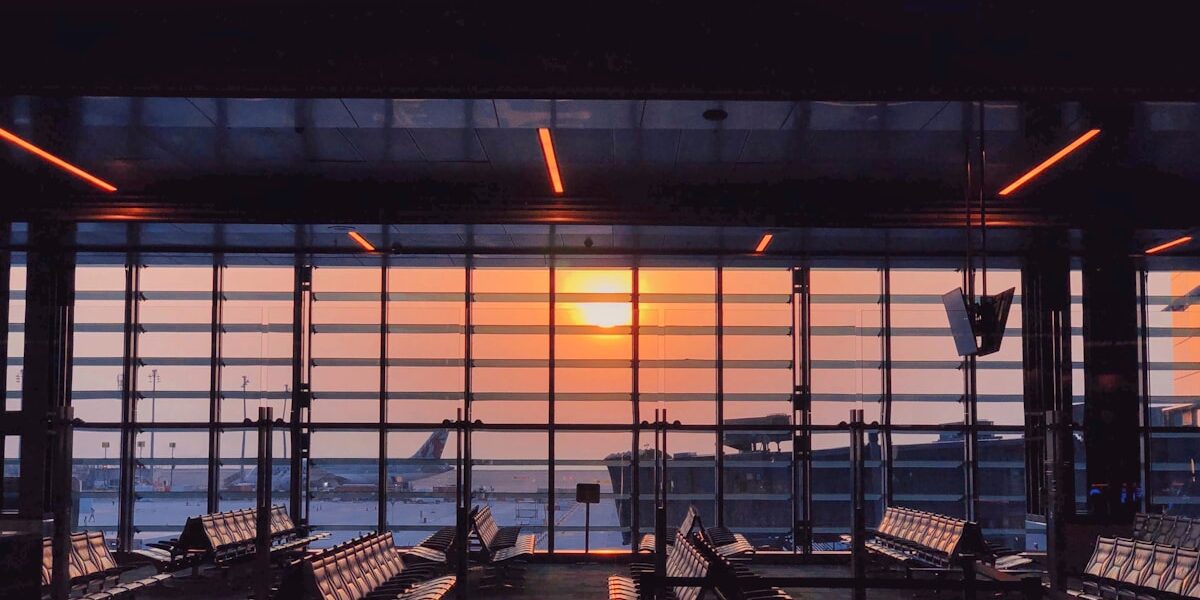EU261 Compensation
Understanding EU261 Compensation
The European Union Regulation EC 261/2004, known as EU261, establishes rules on compensation and assistance to passengers in the event of denied boarding, flight cancellations, or long delays. It applies to all flights departing from an EU airport, as well as flights arriving in the EU operated by EU-based airlines.

Eligibility Criteria
To claim compensation under EU261, your flight must meet specific conditions. Firstly, the flight must be within the EU or operate from an EU country to a non-EU country. Secondly, the delay, cancellation, or denied boarding must be the airline’s fault and not due to extraordinary circumstances such as extreme weather or strikes.
Types of Disruptions Covered
EU261 covers several types of flight disruptions:
- Flight Delays: Compensation is due if your flight arrives at its destination more than three hours late.
- Flight Cancellations: If your flight is canceled less than 14 days before departure, you could be eligible for compensation.
- Denied Boarding: When you are denied boarding due to overbooking or operational reasons, compensation applies.
Compensation Amounts
The compensation amount varies based on the flight distance and length of the delay:
- 250 euros: For flights up to 1,500 kilometers delayed by over three hours.
- 400 euros: For intra-EU flights over 1,500 kilometers and non-EU flights between 1,500 and 3,500 kilometers delayed by over three hours.
- 600 euros: For non-EU flights over 3,500 kilometers delayed by over four hours.
Steps to Claim EU261 Compensation
Here’s a step-by-step guide to claiming compensation under EU261:
- Gather Information: Collect evidence, including boarding passes, flight details, and communication with the airline.
- Contact the Airline: File a compensation claim directly with the airline using their complaint form or email. Provide all necessary documents and clearly state the compensation amount you’re seeking.
- Use ADR or NEB: If the airline’s response is unsatisfactory, you can escalate the issue to an Alternative Dispute Resolution (ADR) body or a National Enforcement Body (NEB).
- Legal Action: As a last resort, consider legal action. Some law firms specialize in aviation claims and can assist with your case.
Exceptions and Extraordinary Circumstances
Airlines can avoid compensating passengers under certain situations defined as extraordinary circumstances. These include severe weather conditions, political instability, air traffic control strikes, and security risks. However, technical issues with the aircraft are generally not considered extraordinary.
Additional Assistance
Beyond compensation, EU261 requires airlines to provide assistance during significant delays or cancellations. Passengers are entitled to meals, refreshments, hotel accommodation if necessary, and transportation between the airport and accommodation. For delays over five hours, passengers can opt for a full refund and a return flight to the original departure point.
Time Limits for Claims
Time limits for filing EU261 claims vary by country. In most EU countries, you have between two to five years to submit your claim, but it’s always best to do so as soon as possible to avoid complications.
Common Myths About EU261
Several misconceptions about EU261 compensation persist. One common myth is that low-cost carriers are exempt. In reality, EU261 applies to all airlines operating within or from the EU, irrespective of their cost structure. Another myth is that you cannot claim compensation if you accepted a voucher from the airline. Accepting a voucher does not nullify your right to seek further compensation, though it can complicate the process.
Role of Online Services
Numerous online services and apps assist passengers in claiming EU261 compensation. These services often work on a no-win, no-fee basis, charging a percentage of the compensation if the claim is successful. They streamline the process by handling communication with the airline and legal actions, if necessary.
EU261 Amendments
Efforts are ongoing within the EU to update and amend EU261 to address new challenges in air travel, such as the impact of emerging technologies or the increasing frequency of extreme weather events. Keeping informed about these changes can help passengers better understand their rights.
Real-Life Examples
Consider the case of a delayed flight from Madrid to London. Passengers experienced a five-hour delay due to a technical fault. Under EU261, they could claim 400 euros each as compensation. Similarly, passengers on a canceled flight from Rome to Paris, informed less than a week before departure, could claim compensation despite being offered an alternative flight arriving only two hours later.
Frequent Questions
Some frequent questions revolve around missed connections, delays due to customs or immigration checks, and the applicability of EU261 to non-EU residents. For missed connections, if both flights are part of a single ticket, you may be eligible for compensation if the delay exceeds three hours at the final destination. Delays caused by customs or immigration checks do not fall under EU261 unless there is an operational fault. Non-EU residents are eligible for compensation if their flight meets the regulation’s conditions.
Impact of Brexit
Post-Brexit, UK regulations closely mirror EU261, offering similar protections. UK and EU airlines operating between the UK and EU continue to adhere to these rules, ensuring passengers remain protected on cross-channel flights.
Practical Advice
If you find yourself in a situation covered by EU261, act promptly. Keep all records and documents, communicate clearly with the airline, and know your rights. Use available resources, from online compensation services to legal professionals, if needed. Airlines may resist your claim, but persistence often pays off.



